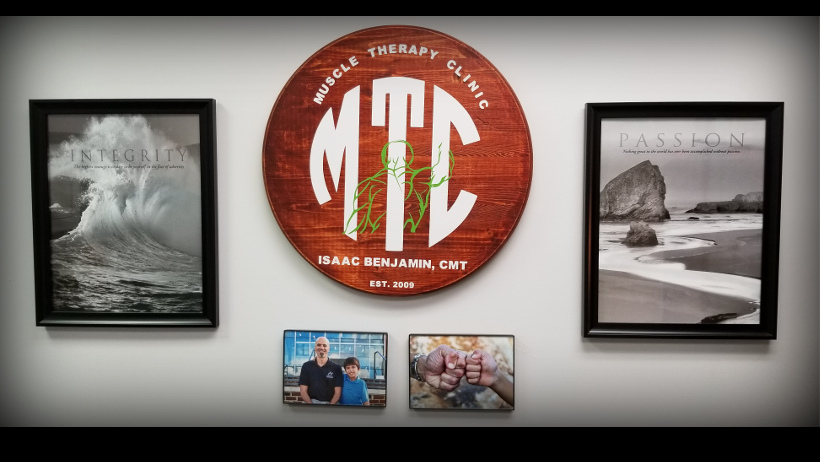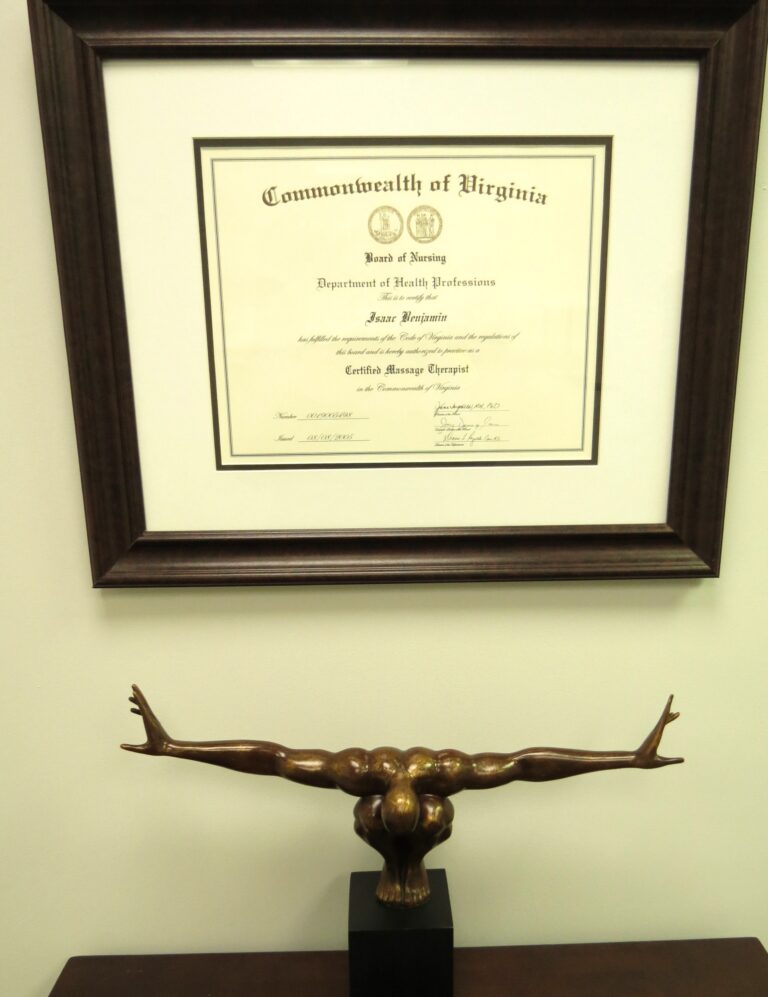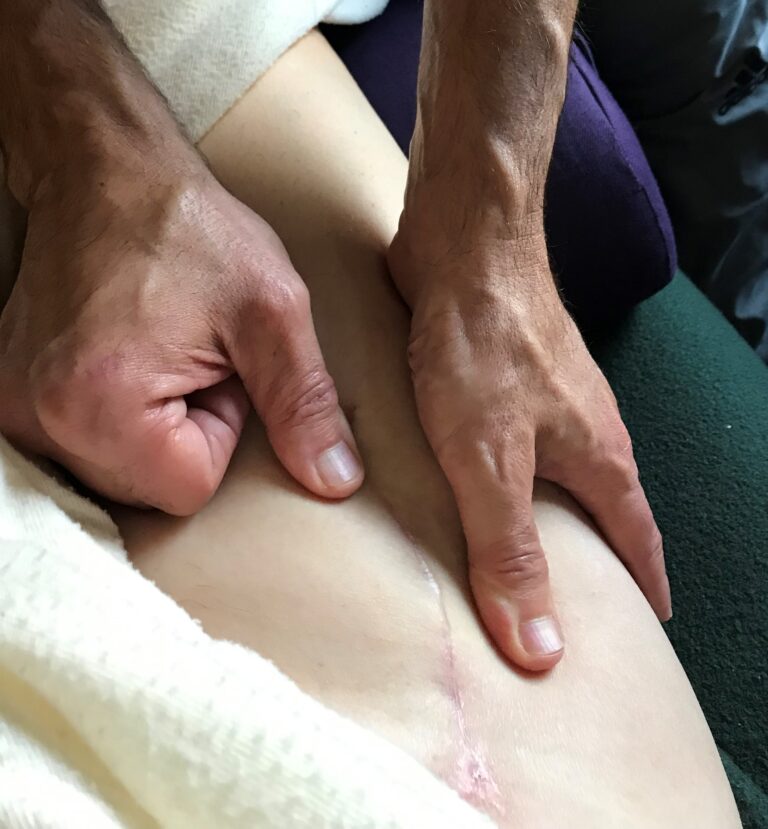How many times have you inquired about someone’s well being and gotten a lackluster, “I’m good,” in response? It’s pretty automatic these days. People seem to be satisfied with “good” in all aspects of their lives, in particular, their health. Good is middle of the road. Good is safe. Good offends no one and prompts no follow-up questions.
There are of course some things in life where “good” is enough. A good book. A good game. A good cigar. That’s about it. People need to stop accepting “good” as the norm and begin expecting “great” in all aspects of their lives.
So, let’s start with what differentiates a “great” muscle therapist from a “good” muscle therapist:
A GREAT therapist knows the body inside and out. GREAT therapists view the body as a road map and are constantly assessing reactions during treatment. GREAT therapists do not need to constantly ask about pressure. Too many questions about pressure may indicate that the therapist does not know the body well enough to recognize which areas are tender, tight, or exacerbated. A GREAT therapist picks up on small visual clues from the client, which indicate pain level or discomfort.
A GREAT therapist is always observing. GREAT therapists pay attention to how you get out of your car, how you take the stairs, how you open and close doors, how you walk into the office, how you sit down, how you stand up, how you walk back to your car. These observations are integral to your treatment plan. In many cases, your body projects things that you have yet to be aware of.
A GREAT therapist follows through. Follow-up care is just as important to your treatment plan as treatment itself and GREAT therapists always encourage an open, clear line of communication between themselves and their clients. A GREAT therapist relies on client feedback to continue to gauge the effectiveness of treatments and to refine if need be. A GREAT therapist establishes a symbiotic relationship with each client.
A GREAT therapist thinks on his feet. In many cases, therapists formulate a preliminary assessment prior to the initial face to face appointment. And, in many cases, this assessment changes during treatment. GREAT therapists are able to change course quickly.
A GREAT therapist practices what he preaches. Self-care is vital to the success of any muscle therapy practice. Many clients view GREAT therapists as role models. GREAT therapists are mindful of their body mechanics, posture, and know how to protect themselves from injury. They are keenly aware that they themselves are one of their best forms of advertisement.



